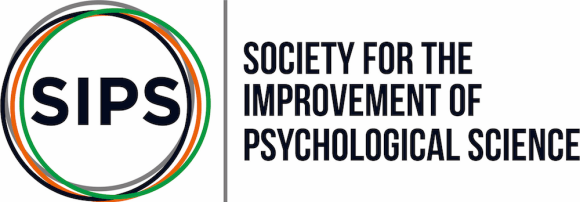Hello from ABRIR!
We are excited to share a new update regarding our upcoming workshop series titled Increased Representation: A Vision for Inclusive Big-team Science to be held from Sept 22-24th 11AM – 7PM Eastern time, hosted by the Universidad de Sonora.
The Event:
The Increased Representation: A Vision for Inclusive Big Team Science workshop series is a SIPS Grants in Aid funded event that aims to build the gap towards inclusion for researchers from low to middle income countries. Towards that end, we have confirmed 23 speakers from about 15 countries to come and share their expertise around doing and leading big team science. Please find our program schedule below with details regarding the dates & times and panels for each session.
The Format:
Hosted by the Universidad de Sonora, Mexico, the workshop series will follow a hybrid format. This means that panels & workshop sessions from Day 1 & 2 will be pre-recorded and shared BEFORE the workshop dates from 22-24th Sept. These pre-recorded talks will also be supported by translated transcripts in different languages ( including Hindi, Portuguese, Bosnian/Serbian, and Spanish). The panels & workshops will have corresponding 40-minute Q&A sessions which will happen live in the first 40mins of the session.
Day 3, Hackathons, will be conducted live from 11AM – 6PM Eastern Time.
Recorded videos of all sessions (pre-recorded panels & live hackathons) will later be uploaded onto Youtube so that they can be freely accessible post the event. Please note that this will be done on a case-by-case basis as per speaker & participant consent. Non-video materials such as handouts or documents generated during the hackathon will be stored on an openly accessible OSF page.
Find our program at the link below!
We will reach out soon with more details about registering as attendees to our workshop. Please keep a close eye on our socials below. We are very excited to meet you at the workshop series!
ABRIR,











